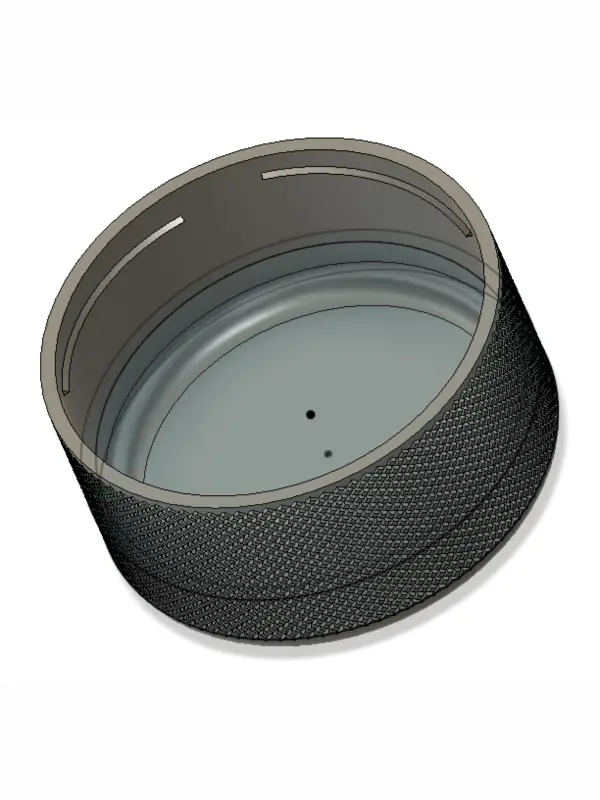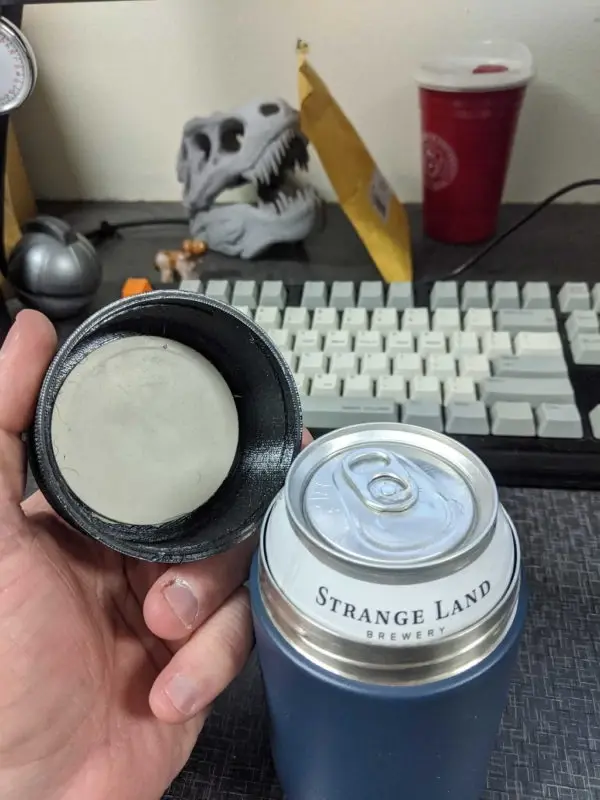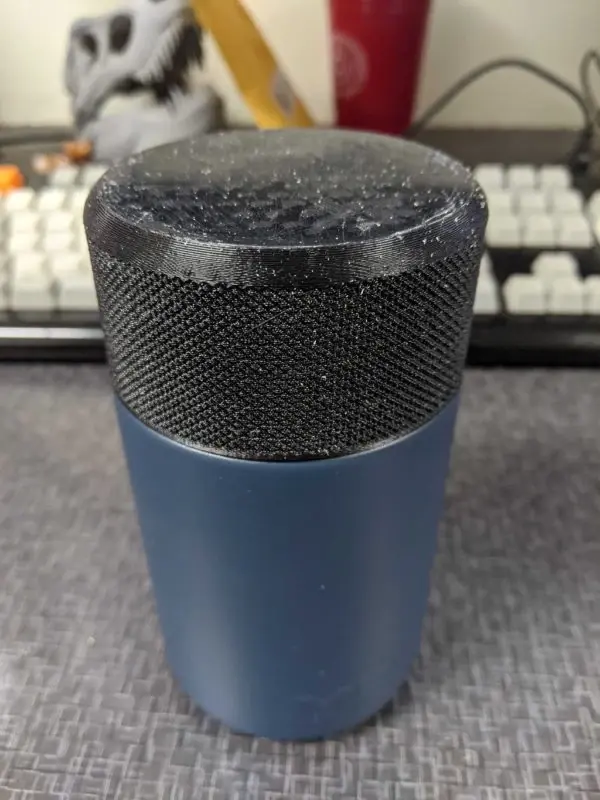Related Topics
Holy Static Hazard Batman!
Parker and Stephen discuss a recent article exploring how electrostatic discharge damage isn’t the only kind of static hazard digital designs can face.
Real Engineering for a Real Engineer
A decade after graduating college, Stephen finally did a differential equation for his job! That is some real engineering I tell you what.
Beating the Heat
The PinoTaur has reached production status but not without supply chain issues..OF COURSE! Bonus discussion about thermal management for PCBA.
Other Resources
Circuit Break Podcast
Webinars
Videos
Tour MacroFab's ITAR-Compliant Facility
February 18, 2021, Episode #264
Tesla Recalls Cars With EMMC Failures, Calls Part A ‘Wear Item’
- Wear items on cars are designed to be “easily” serviced
- Is this just a cop out to avoid warranty issues and recall problems?
- If the EMMC is a wear item it should have a recommended service interval but it does not
- Derek Fronek from the slack channel:
- “So it finally happened…. after all these years of using SD cards on pi’s ive never had an SD card fail on me, until today…….”
- Wear items on cars are designed to be “easily” serviced
Resealing 12oz cans?
- 3D printed a sealing cap that screws onto a Yeti can insulator
- Testing it out over the weekend
- The chip shortages we have been talking about? GM expects it to get worse.
- Ford cutting Pick Up Truck production!
- Shortage could lower Ford’s earnings in 2021 by $2.5 Billion
- Suppliers are saying by mid June they will be caught up
PinoTaur REV 4 Prototype ordered
- Relay part number: G2RG-2A-X DC12
- Changing current sense IC to a higher rated one for the 50V DC line
- Added a second RGB channel for the serial LEDs
Digi-Key Elimination Search
- Talked about this on Episode 260: A Couple Months Ago
- Use a ~ in the “search within results” box to eliminate whatever you like from your search
Coolio Opamp
- TLV915x
- $0.512 in 1k qty from TI
- 125uV offset
- 16V
- Rail to rail
Parallax Prop 2 exists!
- Parker has a development board now
About the Hosts

Parker Dillmann
Parker is an Electrical Engineer with backgrounds in Embedded System Design and Digital Signal Processing. He got his start in 2005 by hacking Nintendo consoles into portable gaming units. The following year he designed and produced an Atari 2600 video mod to allow the Atari to display a crisp, RF fuzz free picture on newer TVs. Over a thousand Atari video mods where produced by Parker from 2006 to 2011 and the mod is still made by other enthusiasts in the Atari community.
In 2006, Parker enrolled at The University of Texas at Austin as a Petroleum Engineer. After realizing electronics was his passion he switched majors in 2007 to Electrical and Computer Engineering. Following his previous background in making the Atari 2600 video mod, Parker decided to take more board layout classes and circuit design classes. Other areas of study include robotics, microcontroller theory and design, FPGA development with VHDL and Verilog, and image and signal processing with DSPs. In 2010, Parker won a Ti sponsored Launchpad programming and design contest that was held by the IEEE CS chapter at the University. Parker graduated with a BS in Electrical and Computer Engineering in the Spring of 2012.
In the Summer of 2012, Parker was hired on as an Electrical Engineer at Dynamic Perception to design and prototype new electronic products. Here, Parker learned about full product development cycles and honed his board layout skills. Seeing the difficulties in managing operations and FCC/CE compliance testing, Parker thought there had to be a better way for small electronic companies to get their product out in customer's hands.
Parker also runs the blog, longhornengineer.com, where he posts his personal projects, technical guides, and appnotes about board layout design and components.

Stephen Kraig
Stephen Kraig is a component engineer working in the aerospace industry. He has applied his electrical engineering knowledge in a variety of contexts previously, including oil and gas, contract manufacturing, audio electronic repair, and synthesizer design. A graduate of Texas A&M, Stephen has lived his adult life in the Houston, TX, and Denver, CO, areas.
Stephen has never said no to a project. From building guitar amps (starting when he was 17) to designing and building his own CNC table to fine-tuning the mineral composition of the water he uses to brew beer, he thrives on testing, experimentation, and problem-solving. Tune into the podcast to learn more about the wacky stuff Stephen gets up to.
Special thanks to whixr over at Tymkrs for the intro and outro!
Related Podcasts
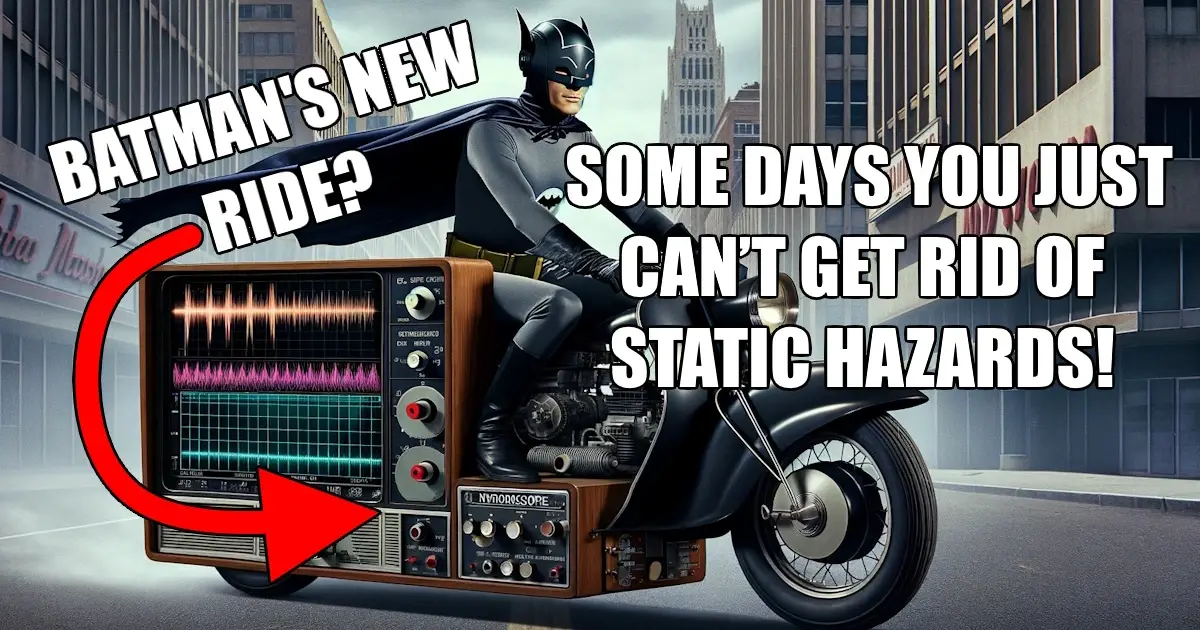
Holy Static Hazard Batman!
Parker and Stephen discuss a recent article exploring how electrostatic discharge damage isn’t the only kind of static hazard digital designs can face.

Real Engineering for a Real Engineer
A decade after graduating college, Stephen finally did a differential equation for his job! That is some real engineering I tell you what.
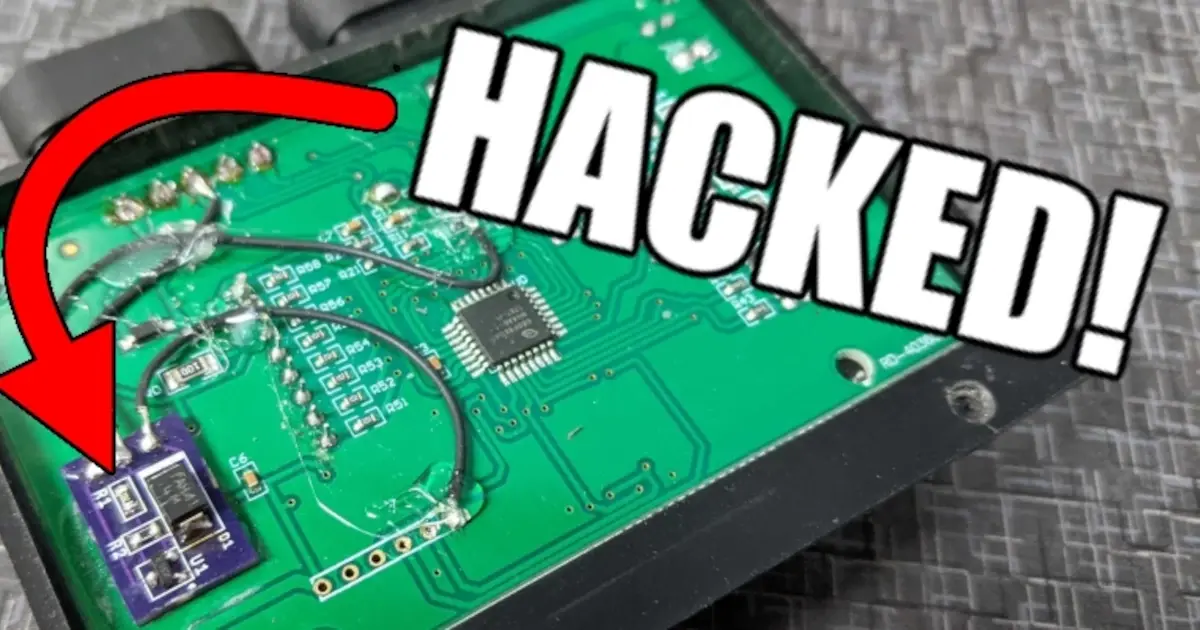
Beating the Heat
The PinoTaur has reached production status but not without supply chain issues..OF COURSE! Bonus discussion about thermal management for PCBA.
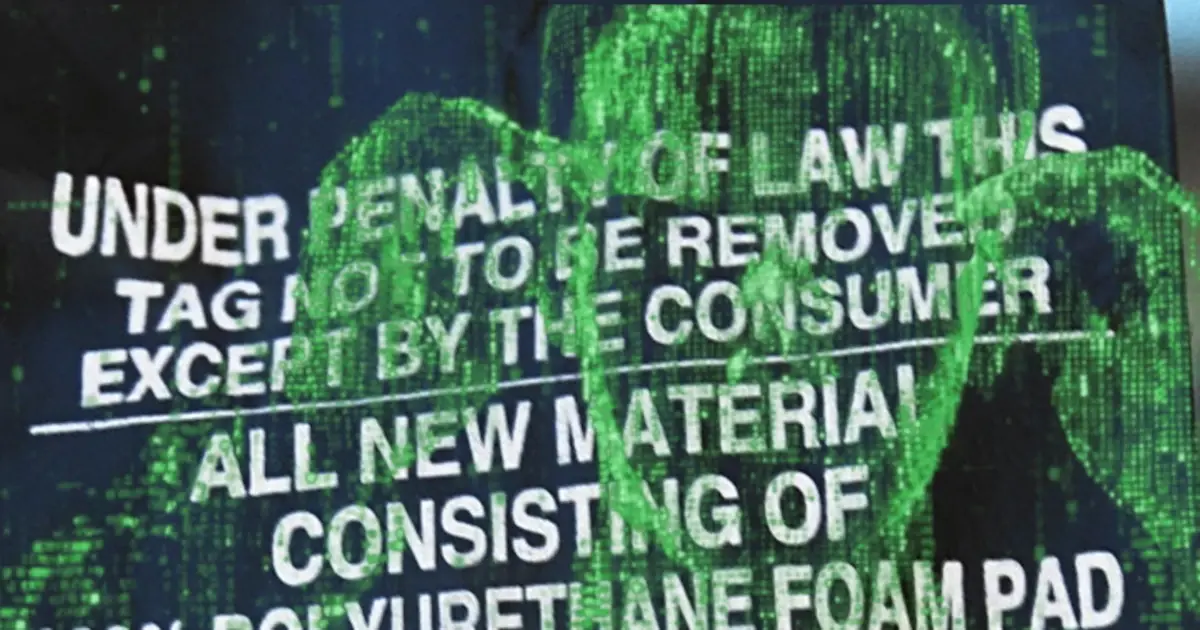
The Digital Mattress
Hyron and Zapp from the AND!XOR group joins the podcast this week to continue the discussion on the Right to Repair and Non Fungible Tokens.
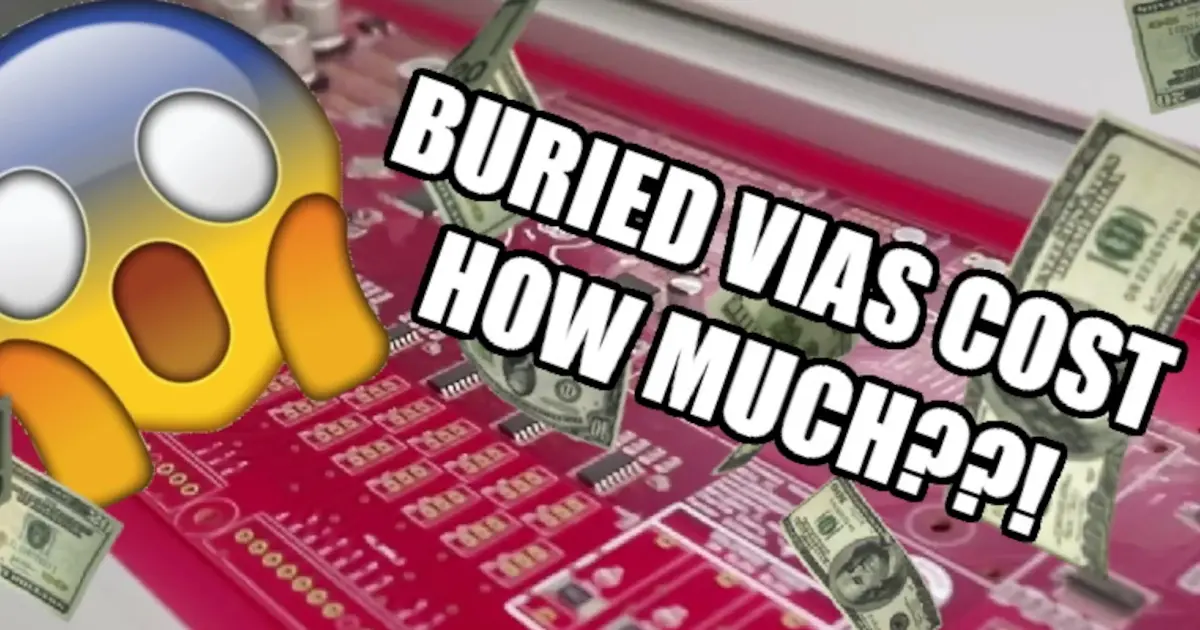
Avoid The Extremes
Controlling PCB costs of your next product is all about avoiding the extremes of the manufacturing specifications. Don't let your EDA tool fool you!
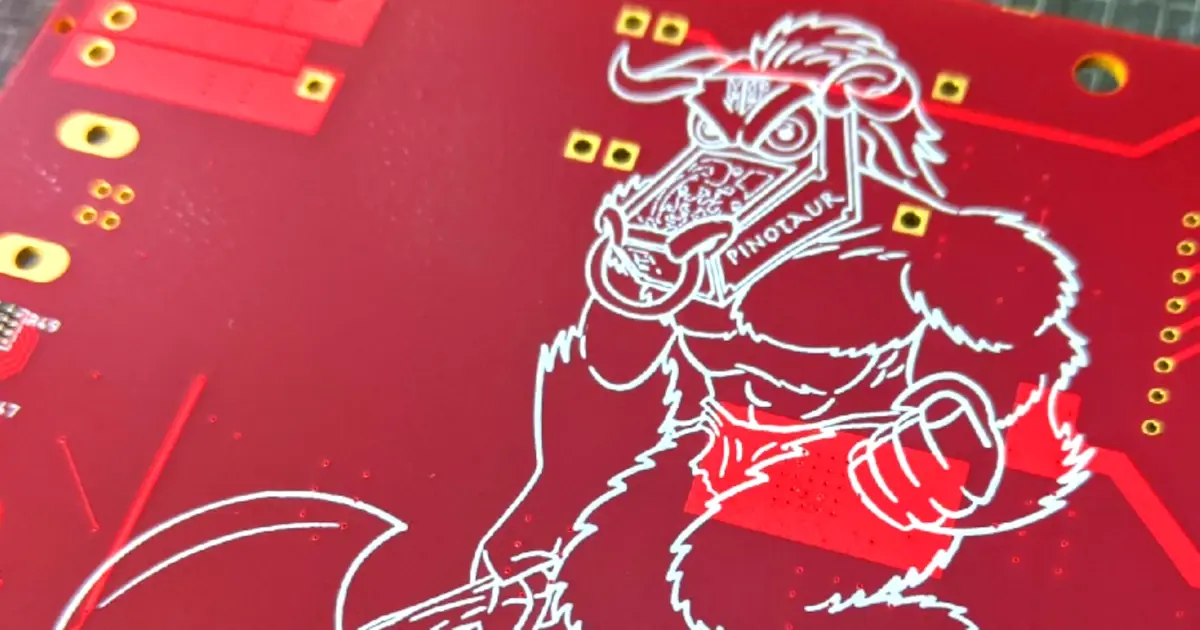
Illuminati Moment
Is there a statue of limitations on open source hardware projects? This week, Stephen and Parker dive into what open source means for both of them.
About MacroFab
MacroFab offers comprehensive manufacturing solutions, from your smallest prototyping orders to your largest production needs. Our factory network locations are strategically located across North America, ensuring that we have the flexibility to provide capacity when and where you need it most.
Experience the future of EMS manufacturing with our state-of-the-art technology platform and cutting-edge digital supply chain solutions. At MacroFab, we ensure that your electronics are produced faster, more efficiently, and with fewer logistic problems than ever before.
Take advantage of AI-enabled sourcing opportunities and employ expert teams who are connected through a user-friendly technology platform. Discover how streamlined electronics manufacturing can benefit your business by contacting us today.
